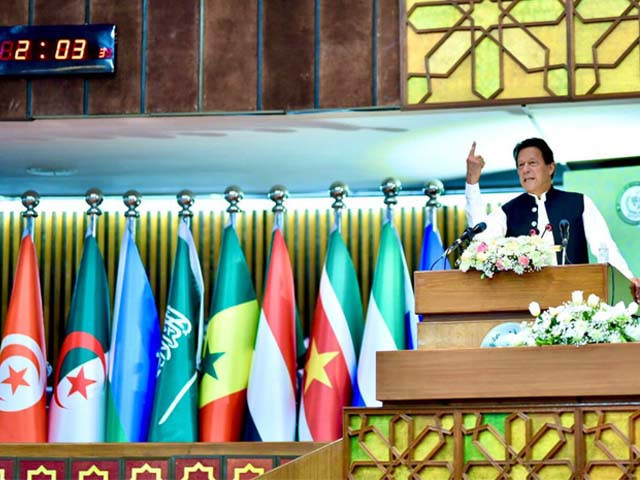The member states of the Organisation of Islamic Cooperation (OIC) signed a charter in 1969 aiming for peace, solidarity and mutual economic development. One premium objective of the charter is the commitment of the states to following ‘International Law.’ The charter also profoundly adopts the fundamental freedoms, human rights and good governance for development as the core of the international policy system and organisational structure. Although criticised, another landmark development under the OIC system was the Cairo Declaration on Human Rights in Islam, which complements the Declaration on Human Rights and other United Nations (UN) human rights instruments.
Furthermore, the Astana Declaration as policy guidance for investment in science, technology, education and development is significant for the effective implementation of sustainable development goals or the development agenda of 2030. As the OIC is the second largest intergovernmental organisation after the UN, it was expected that it would be safeguarding Muslim rights and interests in the global policy system.
However, the charter governing the 1.8 billion in the contemporary era of globalisation is still seeking an effective implementation plan because most of the developing and underdeveloped Muslim states are equipped with poor governance and mismanaged structures. The objectivity of the OIC in the developmental agenda counters the hegemony and individualistic approaches. As members of the OIC are currently meeting in Islamabad, it is worth considering what the OIC should aim to achieve over the coming years.
The member states of the OIC implemented non-interference in their internal matters and pursued secular interests over the developmental agenda. The war among a few Muslim States is one example. Foreign intervention is another. This simultaneously indicated in the past that Muslim states’ inter-relations in sub-systems cannot be translated into one big policy umbrella. The given issues also highlight the apparent reasons for not having any meaningful Muslim representation in the global policy system.
The pertinent question now is how the OIC, as the key representing the authority of Muslim states, can be effective in the global policy system. OIC theoretically attempted to portray itself as an organisation that upholds the ‘global Islamic agenda’, and that it is somehow similar to the UN instruments reflecting human rights, peace and sustainable development. To implement the human rights agenda effectively, the OIC must think about an organisational structure that may monitor and report to the authorities. There could be a multilateral court of justice following the regional judicial systems of Europe, Africa and South America.
More legitimisation of the OIC through establishing a meaningful ‘executive’ under the sub-state system shall present a robust approach towards implementing the local agenda of 2030. The OIC may also think about more sub-committees or sub-groups on diverse but common development policy programmes.
Although it seems that the OIC has a limited role in the effective implementation of the agenda of Muslim states, the OIC may rethink how the local implementation of global agendas can help its voice in the global policy system. The OIC can bring together the states and people for common issues such as climate change, poverty eradication, human development and environmentalism.
What is more prominent is that the initial establishment of the OIC emphasised the ‘Ummah,’ which may encompass the Muslim representation worldwide and welcome integration of other states with the Muslim population. More importantly, the affiliation in the OIC system as a non-observer state can be closely linked to present challenges of corruption, poor governance, unsustainable development, climate change and environmental crises.
It is undeniable that financial assistance is the only way forward for such agendas, and for such purposes, more extensive integration in the OIC of developed states cannot be avoided. So far, the challenges of inequitable growth and development are not addressed by the international policy systems and are unlikely to be resolved. The UN 2030 agenda has already suggested regional and sub-regional integration for common goals towards more considerable cooperation.
If the OIC is seeking an influential role in the sustainable development agenda of 2030, it should reframe its existing governance mechanism. The recognition of the future development agenda as suggested by the UN shall be recognised by the OIC and shall address the 17 primary goals for human development in the Muslim states. In doing so, the OIC must reconsider the assistance of policy experts, academia, social scientists, stakeholders and specific-area experts. Such initiatives will provide the OIC with valuable global representation.



COMMENTS
Comments are moderated and generally will be posted if they are on-topic and not abusive.
For more information, please see our Comments FAQ